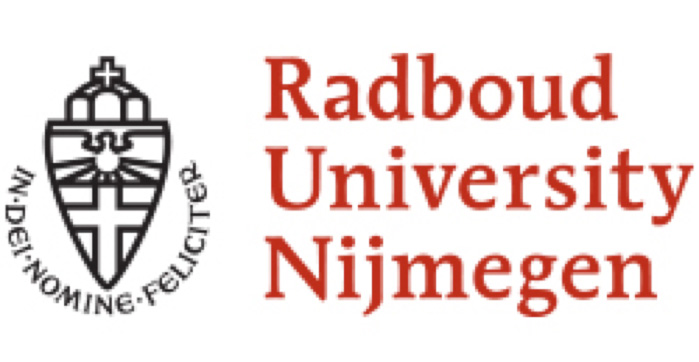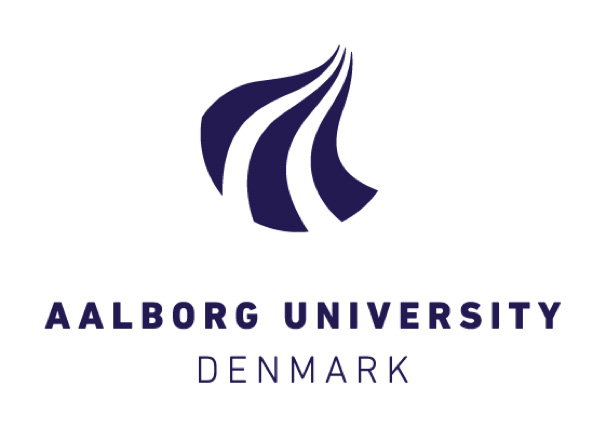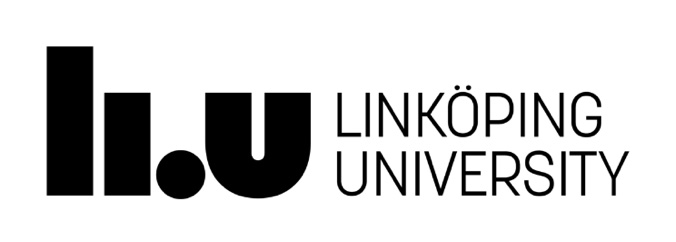Dutch team
The Dutch team possesses strong expertise on (environmental) policy analysis, framing and discursive institutionalism regarding governance of climate adaptation and mitigation, while specializing in innovative methodologies combining network approaches with spatial diffusion and development theories. This connects to elaborate practice-based experience and expertise in Dutch energy networks and sustainability.

Danish team
The Danish team contributes with advanced competences in exploring, analysing and designing policy options for the further development of grassroots initiatives. In doing so, they combine state-of-the-art techno-economic knowledge of energy systems with competences within policy and institutional analysis. Important part of their research design is focused on learning between interdisciplinary groups concerning alternative energy. Accordingly, they are well placed to provide a concrete technological and political context for current and next-generation grassroots initiatives.

Swedish team
The Swedish team focuses on socio-technical systems, notably the interrelation of technologies with social practices of use and everyday live. They have advanced knowledge of studying the influence of institutional contexts like energy regulations, the role of broader socio-cultural contexts; and the interactions, interests and expectations of actors (residents, planners, municipalities or energy companies). Much of its interdisciplinary research is devoted to questions of participation processes in socio-technical systems, how energy is embedded in everyday use patterns, grassroots involvement in the development of sustainable city districts and in sustainable infrastructure planning.

For data collection as well as outreach, the partners provide valuable entry points into the networks of local GIs and their wider connections. We draw upon the experience of studying successful GIs in Denmark, the nature of GIs and their relative isolation in The Netherlands, and the limited role of GIs in Sweden. The partners within the consortium have a history of cooperation and co-creation with these stakeholders. The Radboud University Nijmegen has been working together with the network operator Alliander on GIs and with the municipality of Nijmegen on an ‘energy–neutral’ local strategy. Prof. Hvelplund (Denmark) has developed the concept of Innovative Democracy, which emphasizes diversity and democratic processes in energy policy, planning and implementation. The Swedish partners have a strong tradition in undertaking research in close cooperation with practitioners, companies and municipalities, for instance through action research.
An overview of our formal stakeholders and advisory board members
